180 Studios hosts Selah, the largest exhibition of the inimitable photographer and filmmaker to date
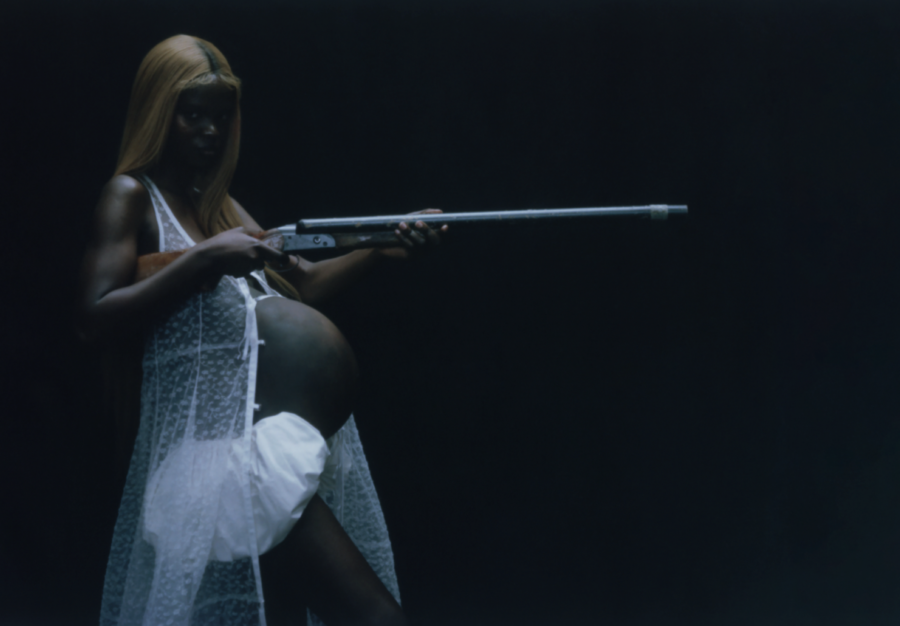

180 Studios hosts Selah, the largest exhibition of the inimitable photographer and filmmaker to date
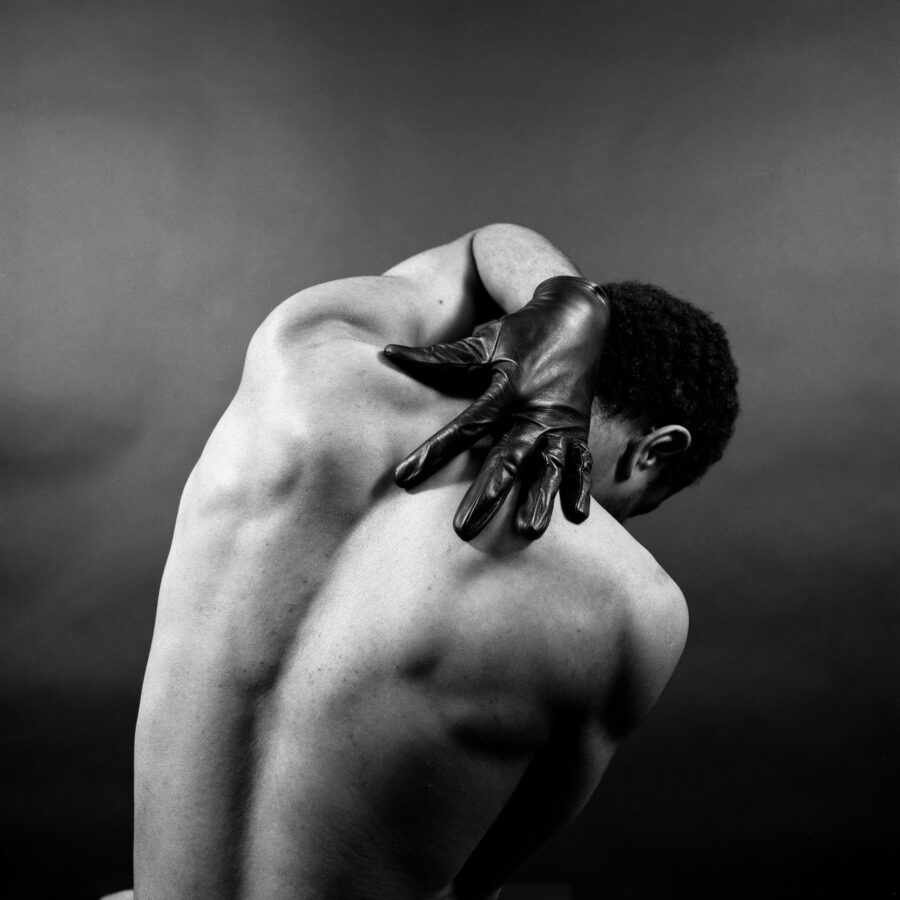
The Studio — Staging Desire at Autograph Gallery explores the late Nigerian photographer’s practice centred around queer expression
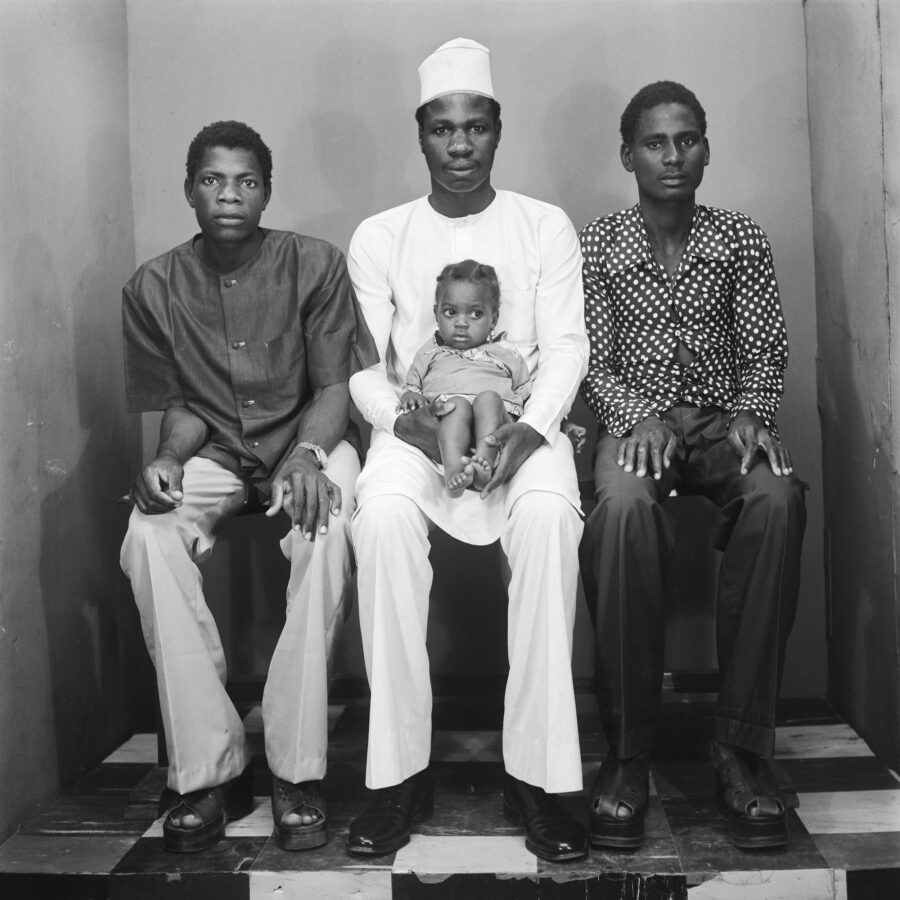
The Spirit of Lagos showcases the vibrant portraits captured by Abi Morocco Photos, highlighting a cultural transformation during Nigeria’s post-oil boom era, Emma Russell finds
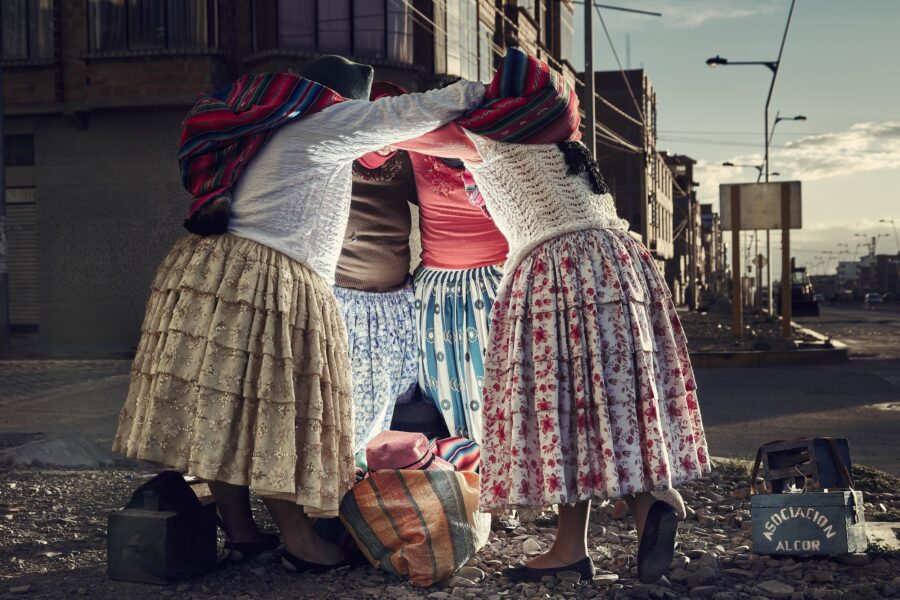
Co-curator Azu Nwagbogu explains how this year’s festival will resurface hidden histories – and why, for the first time, it’s expanded into Benin
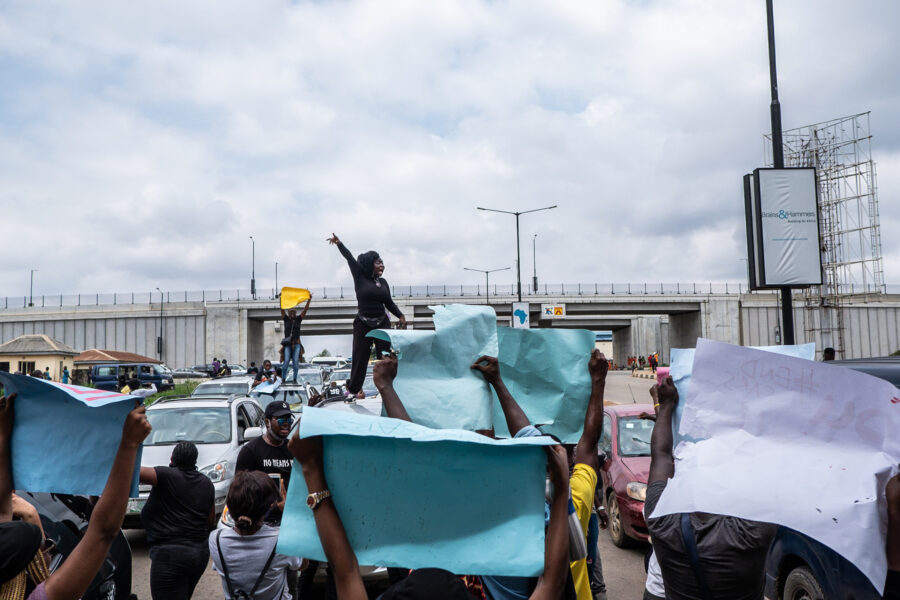
Seven artists from West Africa are showcased in the latest iteration of the New York gallery’s annual show as it continues to explore contemporary art scenes worldwide
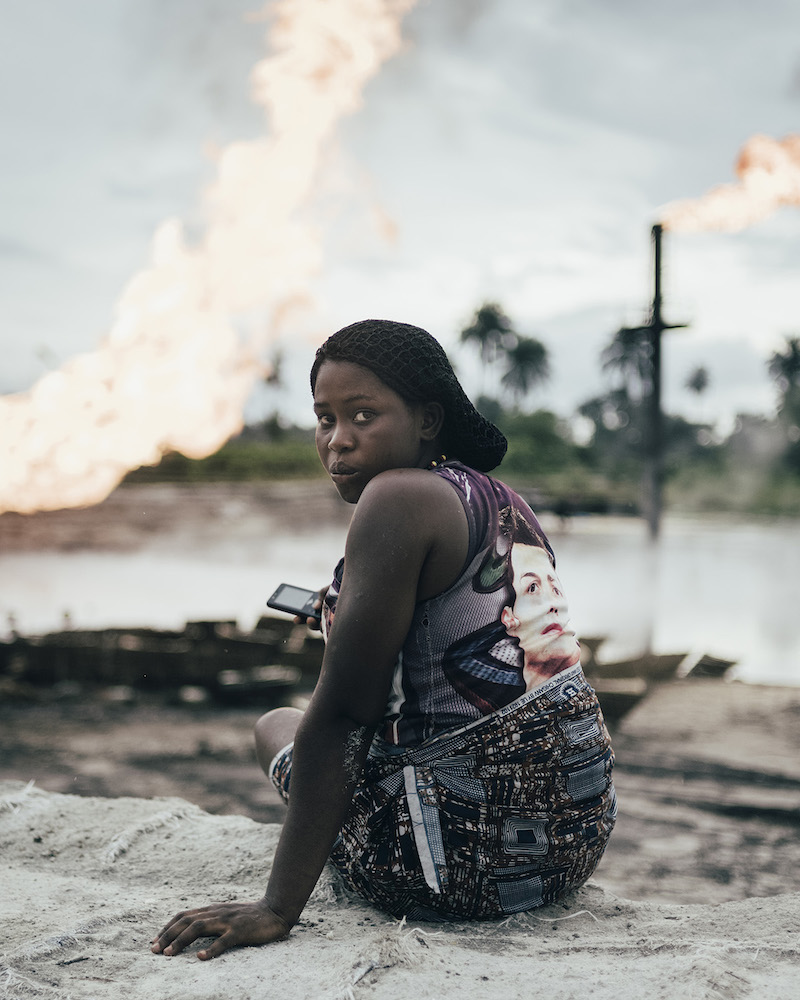
Created across Nigeria, India and at open cast mines across Europe, Wahala is a poignant reminder that the climate crisis is everybody’s problem
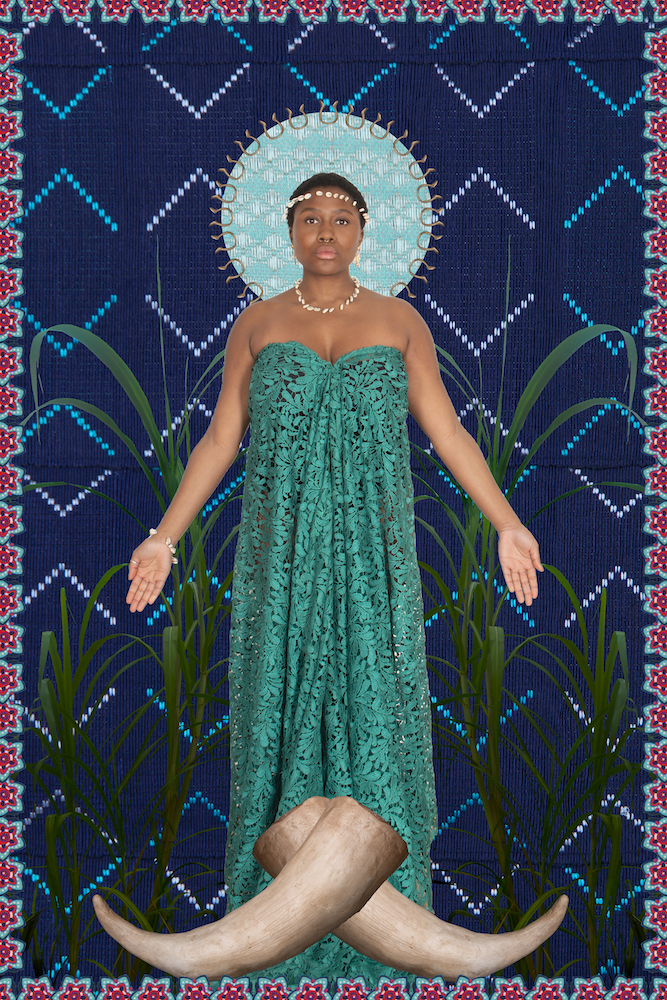
“Our current notions of gender, language, spirituality, religion, time – all of it – is a white construction.”
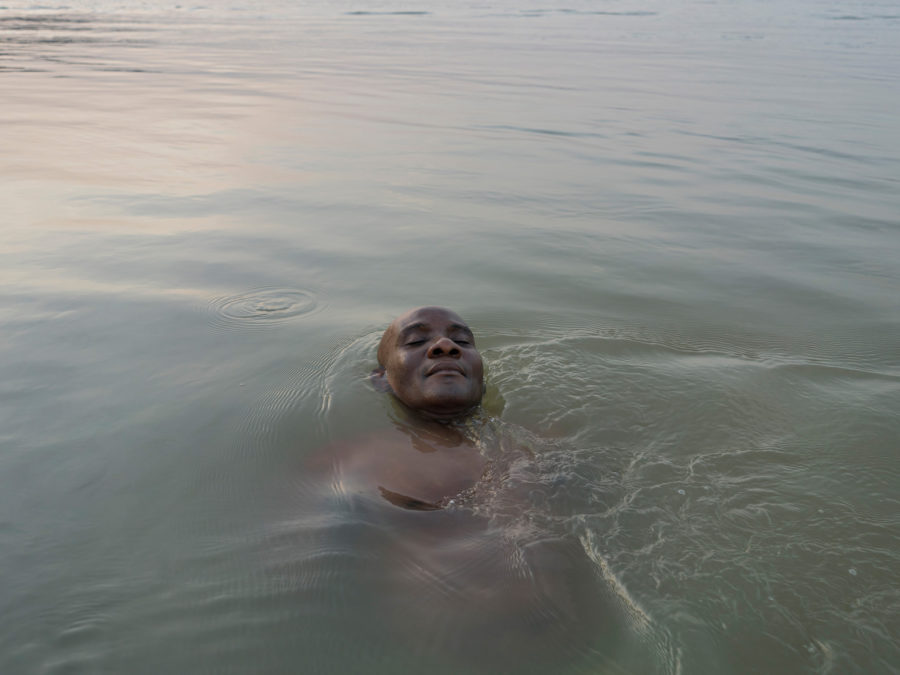
A collaboration with writer Maryan Abdulkarim, the work is, ultimately, about presence and the act of belonging
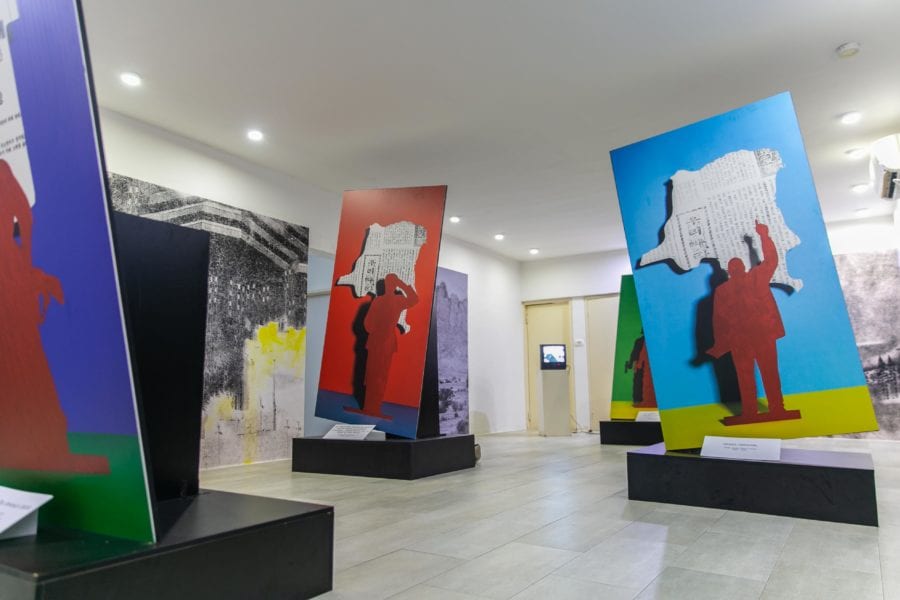
“I’m interested in artists who are working with archival material, but not accepting the archive; resisting the authority of the archive, and pushing, and going deeper”